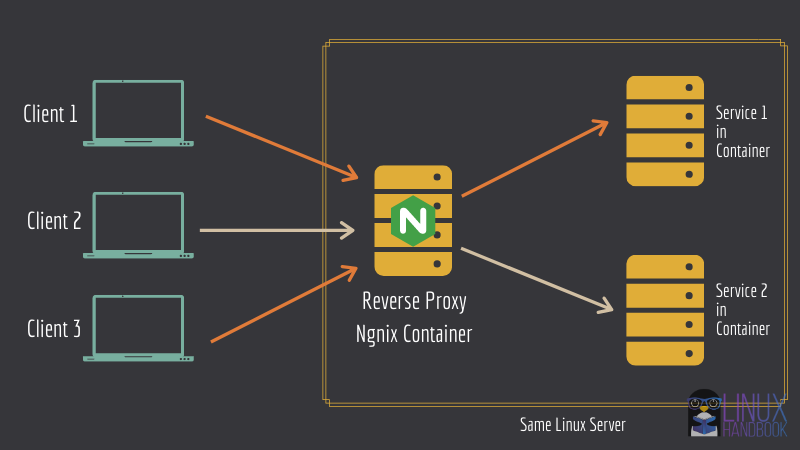
The term 'webpage' is commonly used as a generic term for any Internet page. The term is often used interchangeably with 'website', but it can be confusing if you aren't familiar with the difference between the two.
The main difference between a web page and a site is the amount of information covered. A webpage will focus on one subject while a web site covers many different topics.
Webpages usually consist of text or other forms of media, such as images and video. The web browser is used to display them on mobile devices or computer screens.

A web page is a document on the World Wide Web that is identified by a unique uniform resource locator (URL). The data on a webpage can be either in HTML or XHTML.
A web browser will send an HTTP request when a user, or visitor, requests a webpage. This HTTP request is sent to the server to retrieve data and display them on the machine. HyperText-Markup Language (HTML), the language used by web browsers to describe web content, also contains references to web resources using hyperlinks.
When a web browser receives data, it interprets and displays an image of a webpage on your device. This graphical image is editable by the user.
A web-page can also contain hyperlinks to other webpages on the same website. It may also include multimedia content, like audio or video. Web pages can be accessed using a Web browser or an application known as Web application program interfaces (API).

Web page vs web site
A website is a collection related web pages, linked under a domain name such as Facebook or Amazon. A web site may have a variety of different types of content such as e-commerce and talent portfolios.
Websites are complex and require more time to develop than web pages. They often include features that allow users to login, interact with each other and collect data.
A web page is an HTML document that can be accessed by any computer or mobile device via a Web browser. HyperText markup language (HTML), the language used for writing data on web pages, can include images, animations and style sheets.
FAQ
What Websites should I make?
It all depends on what your goals are. If you are looking to build a business from your website, it may be beneficial to focus on selling online products. To do this, you will need to create a strong eCommerce website.
Blogs, portfolios, forums, and other types of websites are also popular. Each one of these websites requires different skills. You will need to be familiar with blogging platforms like Blogger or WordPress if you wish to create a blog.
Once you have chosen a platform, it is also important to determine how you can customize the appearance of your site. There are many templates and themes that are free for each platform.
After you have chosen a platform, it is time to add content. Pages can include images, videos, text and links.
When you are ready to launch your new website, you can publish it online. Visitors can access your website in their browsers once it is published.
What is the best platform for creating a website design?
WordPress is the best platform when it comes to designing websites. It has all the features required to create a professional-looking website.
Themes are easy-to-install and customizable. You can pick from thousands of free themes that are available online.
Plugins are another way to add functionality. They can do everything, from adding social buttons to creating contact pages to adding forms.
WordPress is extremely user-friendly. To change your theme files you don't need HTML code. Simply click on an icon, and then select what you want.
There are many options, but WordPress is the best. Millions of people use it every day.
Are there any technical skills required to design and build my site?
No. All you need to understand HTML and CSS. Tutorials that teach HTML and CSS can be easily found online.
Statistics
- At this point, it's important to note that just because a web trend is current, it doesn't mean it's necessarily right for you.48% of people cite design as the most important factor of a website, (websitebuilderexpert.com)
- The average website user will read about 20% of the text on any given page, so it's crucial to entice them with an appropriate vibe. (websitebuilderexpert.com)
- It's estimated that chatbots could reduce this by 30%. Gone are the days when chatbots were mere gimmicks – now, they're becoming ever more essential to customer-facing services. (websitebuilderexpert.com)
- It enables you to sell your music directly on your website and keep 100% of the profits. (wix.com)
- It's estimated that in 2022, over 2.14 billion people will purchase goods and services online. (wix.com)
External Links
How To
What is website hosting?
Website hosting refers simply to the place that people visit when they visit a website. There are two types:
-
Shared hosting is the cheapest. Your website files reside on a server controlled by someone else. Your customers' requests travel via the Internet to your server when they visit your site. The server owner then forwards the request to you.
-
Dedicated Hosting - This option is the most costly. Your website is located on only one server. Your traffic is private because no other websites have shared space on this server.
Because shared hosting is more affordable than dedicated hosting, most businesses opt for it. You can use shared hosting if the company owns the server to provide the resources required for your website.
Each option has its pros and cons. Here are the main differences between them:
Pros of Shared Hosting
-
Lower Cost
-
It's easy to set up
-
Frequent Updates
-
It can Be Found On Many Web Hosting Companies
Shared hosting can often cost as little as $10/month. This price often includes bandwidth. Bandwidth is the data transfer speed that you have over the Internet. Even if you are only uploading photos to your blog site, high data transfer rates can still cost you extra.
Once you start, you'll quickly realize why you were paying so much for your previous host. Most shared hosts don't offer any customer support. Their techs will occasionally walk you through setting up your site, but you're on your own after that.
A provider with 24-hour telephone support is a good choice. They will attend to any issues you have while you sleep.
Hosting dedicated:
-
More Expensive
-
Fewer Common
-
Specific Skills Required
With dedicated hosting, all you need to maintain your website are provided. You won't have worry about whether your website is using enough bandwidth, or whether it has enough RAM (random-access memory).
This means you will need to spend more upfront. Once you get started with your online business, you will find that you don't require much technical support. You'll quickly become an expert at managing your server.
Which Is Better For My Business, So Which Is Better?
The answer to this question depends on which type of website you wish to create. Shared hosting might be best if you just want to sell products. It's easy to set up and maintain. And since you're sharing a server with many other sites, you'll likely receive frequent updates.
If you want to create a community around a brand, dedicated hosting may be the best choice. Instead of worrying about traffic, you can concentrate on building your brand.
Bluehost.com has both. They offer unlimited monthly data transfers, 24/7 support, free domain name registration, and a 30-day money-back guarantee.